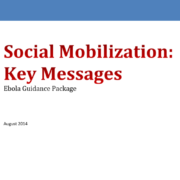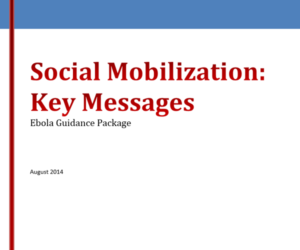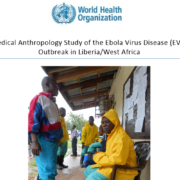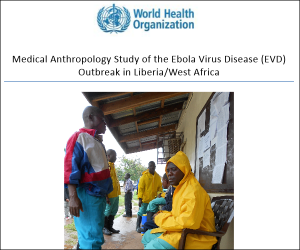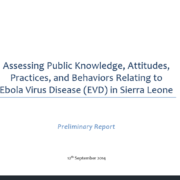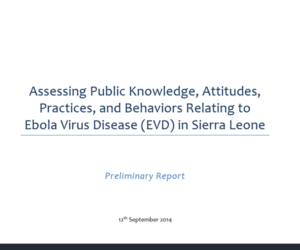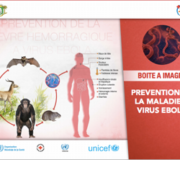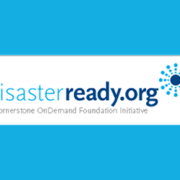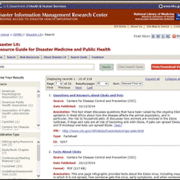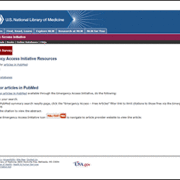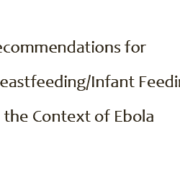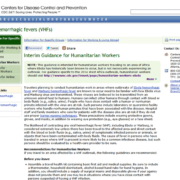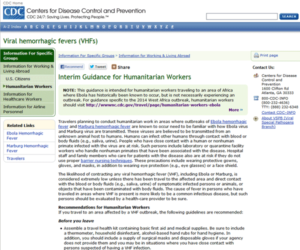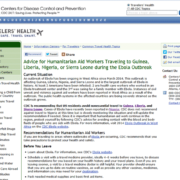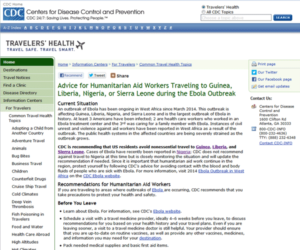Anthropological Study of Ebola in Liberia
/in Research World Health Organization Liberia English Aid Workers /by Myriam DemsResource Type(s)
Audience(s)
Language(s)
Country(ies)
Source(s)
Ebola National KAP Study of Ebola – Sierra Leone – Preliminary Report
/in Research UNICEF Sierra Leone English Aid Workers /by Myriam DemsResource Type(s)
Audience(s)
Language(s)
Country(ies)
Source(s)
Boîte à images – Guide de l’animateur – Ebola
/in Training UNICEF, World Health Organization Côte d'Ivoire Français General Aid Workers /by Myriam Dems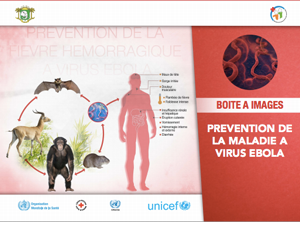 Guide détaillé, inculant illustrations, pour l’animateur d’une formation portant sur le thème de la maladie à virus ebola.*
Guide détaillé, inculant illustrations, pour l’animateur d’une formation portant sur le thème de la maladie à virus ebola.*
Version: Juin 2014.
Resource Type(s)
Topic(s)
Audience(s)
Language(s)
Country(ies)
Source(s)
DisasterReady.org: Ebola Awareness Quick Guide
/in Website DisasterReady.org Global English Preparedness Aid Workers /by Kim Martin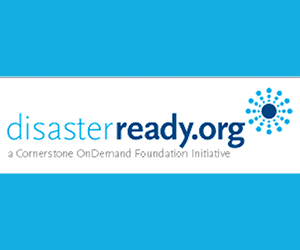 The DisasterReady.org team has released a 15-minute online course providing basic awareness on the Ebola outbreak. The new Ebola Awareness Quick Guide is now available online at DisasterReady.org. This 15-minute quick guide is developed with content available from the World Health Organization, CDC, and other organizations. The general public and aid workers without specialized health training will benefit from increased awareness of this outbreak.
The DisasterReady.org team has released a 15-minute online course providing basic awareness on the Ebola outbreak. The new Ebola Awareness Quick Guide is now available online at DisasterReady.org. This 15-minute quick guide is developed with content available from the World Health Organization, CDC, and other organizations. The general public and aid workers without specialized health training will benefit from increased awareness of this outbreak.
Resource Type(s)
Topic(s)
Audience(s)
Language(s)
Country(ies)
Source(s)
Ebola: Resource Guide for Disaster Medicine and Public Health
/in Website National Library of Medicine Global, United States English Crisis Communication, General, Health Promotion, Infection Control, Preparedness, Prevention, Signs and Symptoms, Transmission, Treatment, Waste Disposal Aid Workers, Community Health Workers, General Public, Government, Health Care Workers, Infection Prevention & Control, Laboratory Workers, Leaders /by Katie Kuehn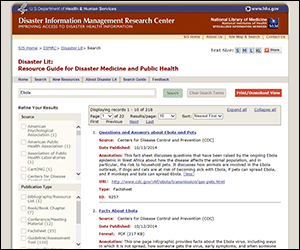 Literature from the U.S. Department of Health & Human Services about Ebola.
Literature from the U.S. Department of Health & Human Services about Ebola.
Resource Type(s)
Language(s)
Country(ies)
Source(s)
NIH Emergency Access Initiative Resources
/in Website National Library of Medicine Global, United States English Preparedness Aid Workers, Government, Health Care Workers, Leaders, Students /by Katie Kuehn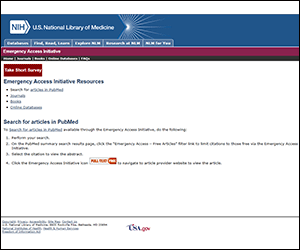 Access to the U.S. National Library of Medicine for Ebola resources.
Access to the U.S. National Library of Medicine for Ebola resources.
Resource Type(s)
Topic(s)
Language(s)
Country(ies)
Source(s)
Infant feeding in the context of Ebola – Updated Guidance. 18th Sept 2014
/in Fact Sheet CDC, Emergency Nutrition Network (ENN) Sierra Leone English Breastfeeding Aid Workers /by Marie McGrathGuidance developed to address questions from programmers working in the Ebola response. Developed in an informal collaboration by UNICEF, WHO, CDC, ENN, MOH Liberia, NGOs and independent experts in response to a question posted on the technical forum en-net (www.en-net.org). It is being treated as a live document and will be updated informed by further evidence and experience.
Infant feeding in the context of Ebola – Updated Guidance. 18th Sept 2014
Resource Type(s)
Topic(s)
Audience(s)
Language(s)
Country(ies)
Source(s)
CDC – Interim Guidance for Humanitarian Workers
/in Website CDC United States English Travel Aid Workers /by Marla Shaivitz | Health Communication Capacity CollaborativeResource Type(s)
Topic(s)
Audience(s)
Language(s)
Country(ies)
Source(s)
CDC – Advice for Humanitarian Aid Organizations
/in Website CDC United States English Travel Aid Workers /by Marla Shaivitz | Health Communication Capacity CollaborativeResource Type(s)
Topic(s)
Audience(s)
Language(s)
Country(ies)
Source(s)

The Ebola Communication Network was originally developed by the Health Communication Capacity Collaborative (Cooperative Agreement #AID-OAA-A-12-00058) and expanded under Breakthrough ACTION (Cooperative Agreement #AID-OAA-A-17-00017) both under the leadership of Johns Hopkins Center for Communication Programs. This website is now maintained by Johns Hopkins Center for Communication Programs and its contents are the sole responsibility of CCP. The contents of this website do not necessarily reflect the views of USAID, the United States Government, or Johns Hopkins University.

